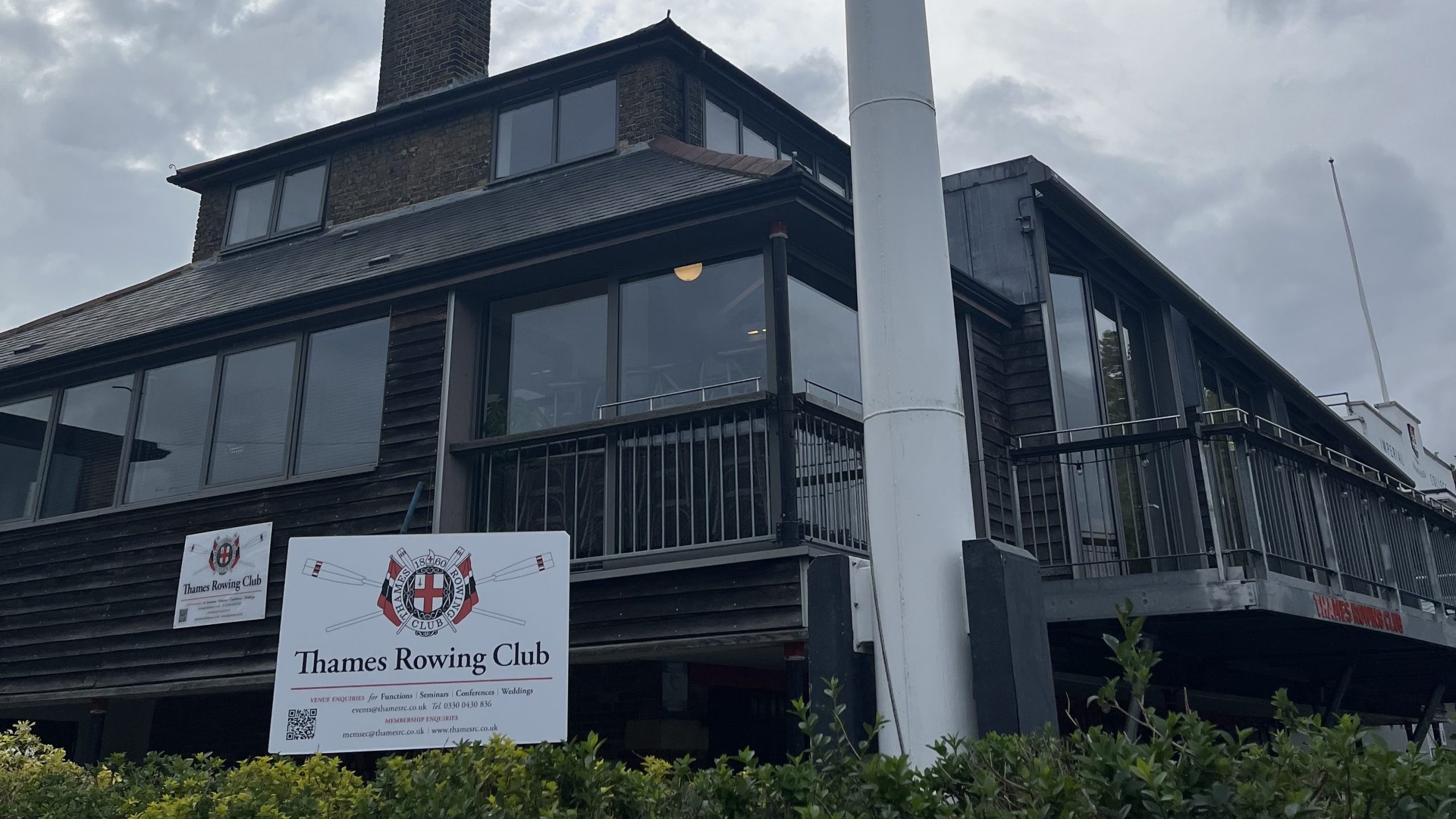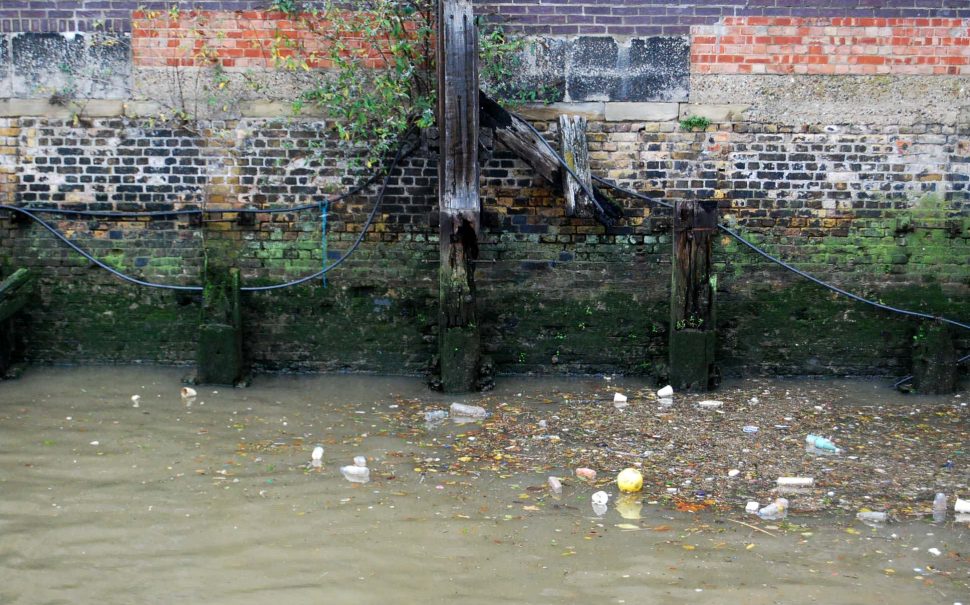Dirty water in the River Thames is continuing to affect the rowing community, with sessions cancelled and club members frequently ill.
Conditions across the river have deteriorated due to an outdated sewage system and regular spills, causing heavy pollution of the water.
Isabel Lack, who rows at Thames Rowing Club in Putney, says illness within the boat house has become increasingly common in recent years.
Lack said: “In the women’s squad alone, it’s at least once every two weeks. Sometimes it can be a congested amount if the water is more dirty that week.
“There was one week where four people got ill at once.”

Poor conditions in the Thames have resulted in vigorous new health protocols for nearby rowing clubs, including thorough washing of boats and blade handles, and frequent use of hand sanitiser whilst on the water.
Sandwich bags and sealed water bottles have also become a necessity, and rowers will often take to drinking cans of Coca-Cola in an effort to prevent illness developing.
Lack, who has rowed for over a decade, explained the effect ‘tideway tummy’ was having not only at her club, but across the riverbank.
She said: “It’s something that you have to think about every single time you’re near the water.
“You’re just not feeling super comfortable doing the sport you love because it’s so dirty.
“If you get splashed with water and then you’re sick for the next 48 hours, that’s not what we signed up for.”
Beyond illness, dirty water is also interrupting rowing programmes at nearby schools.
George Thompson, boatman and rowing coach at King’s College School in Wimbledon, spoke of disruption to sessions as a result of sewage dumps in the Thames.
He said: “If there’s been a recent dump in the river, you can smell it and you can see it, and that will stop us training for a day or two.
“When that happens, there is faeces all up the bank, all in the river. You can see it foaming at the water’s edge.
“It wouldn’t be sensible to put a child, or anyone in the water, when that’s the case.”

Grievances from the riverbank add to concerns tabled ahead of March’s Boat Race and the Henley Royal Regatta in July.
In anticipation of the hallmark events, campaign groups River Action and Fulham Reach Boat Club carried out testing across the Thames, discovering rising levels of E.coli in the water which can cause serious infections.
Adam Freeman-Pask, Fulham Reach CEO, explained the motives behind the club’s environmental research efforts.
He said: “There’s a culture in the UK where we’ve started to treat this place [River Thames] like an open dump, and allow people to dump sewage there.
“People would be up in arms if that was Regent’s Park or Hyde Park.
“For some reason because it’s the river, people don’t get quite so up in arms about it.
“[Our research] gives everyone a better awareness of their environment, and then people can be more objective to say ‘this isn’t good enough’.”
Thames Water, responsible for water supply and waste water treatment across Greater London, have been contacted for comment.
The company, currently fighting to prevent renationalisation after shareholders refused to back new funding, has previously blamed rainfall across the capital for considerable streams of effluent into the river.
Featured image credit: Maggie Jones via Flickr





